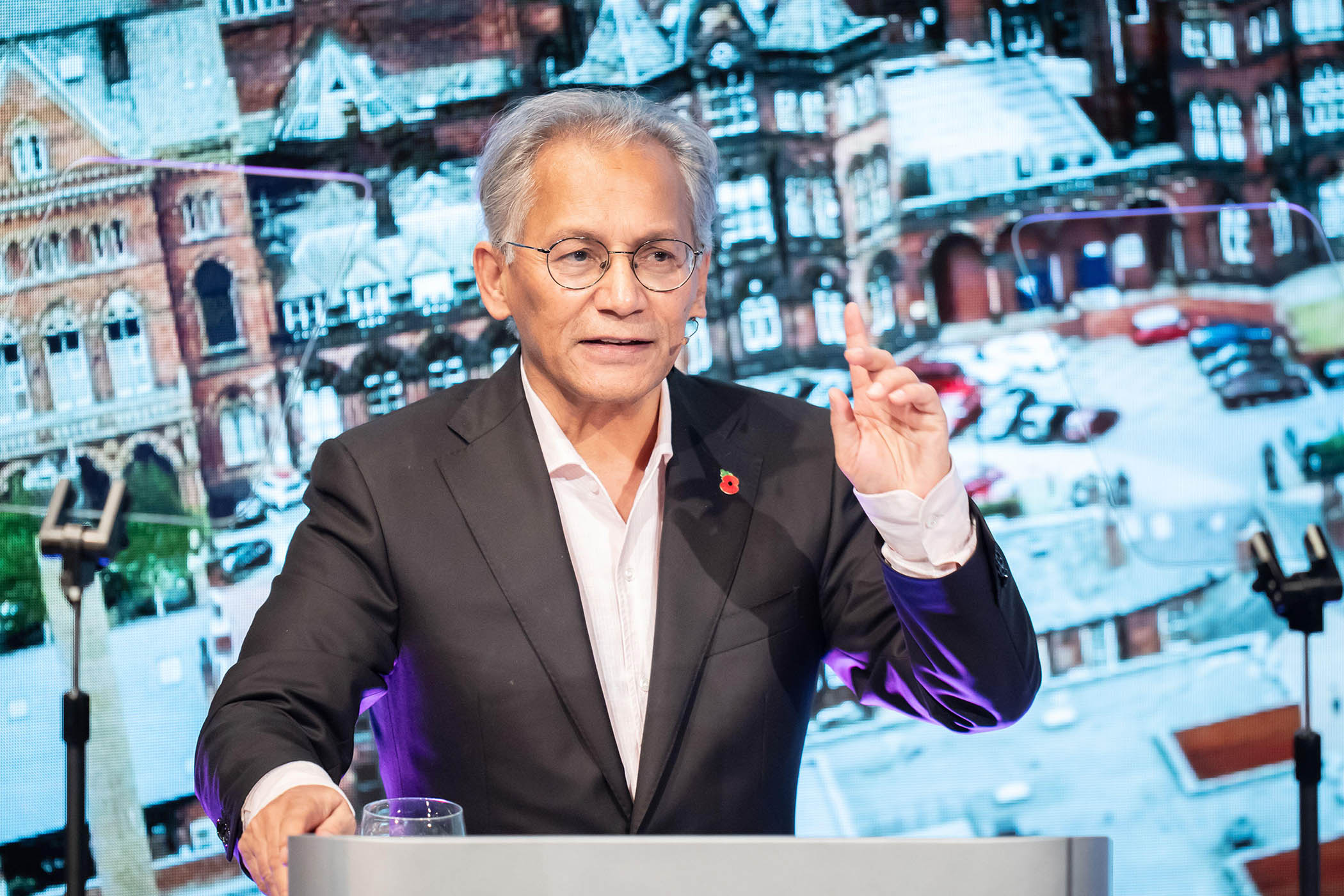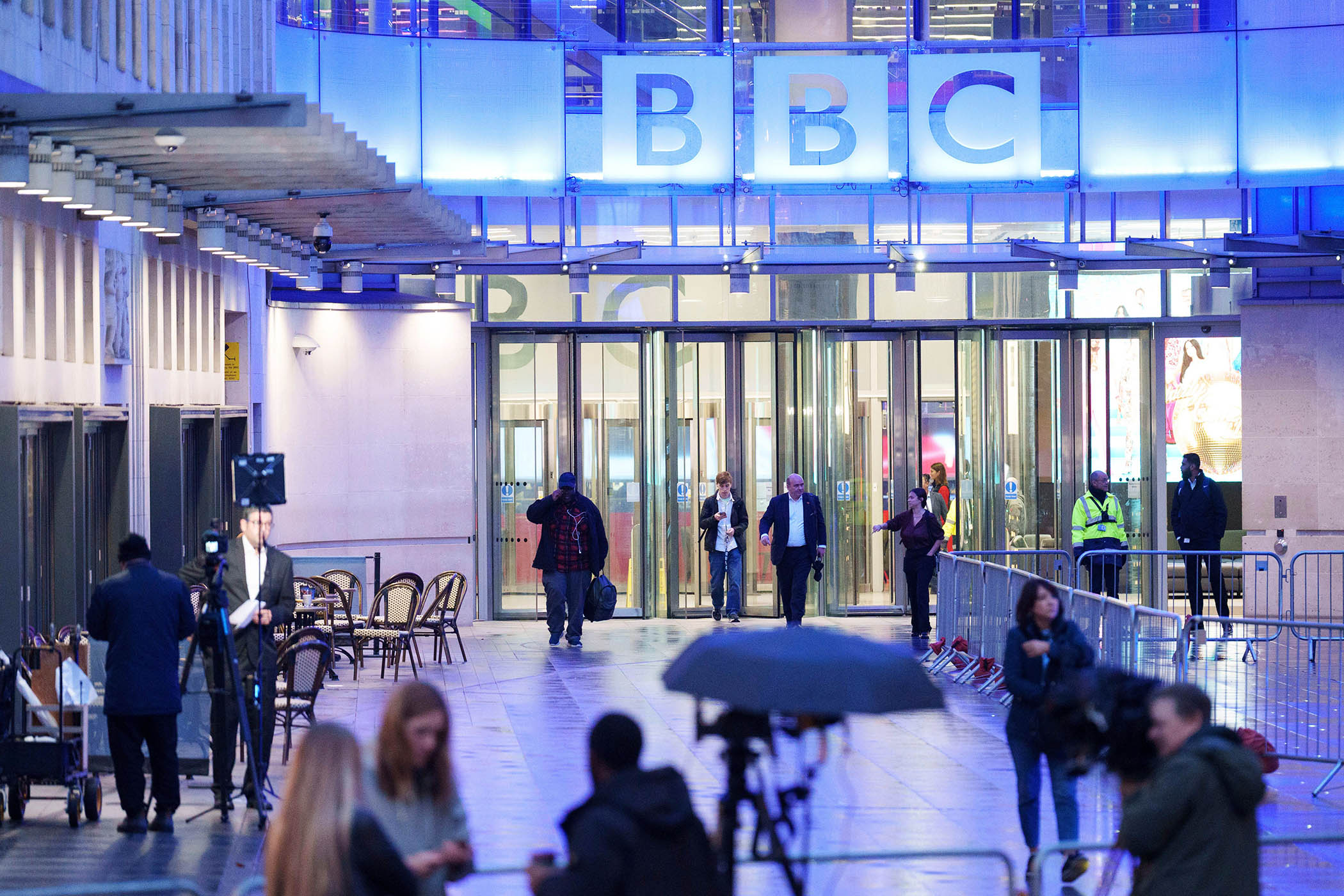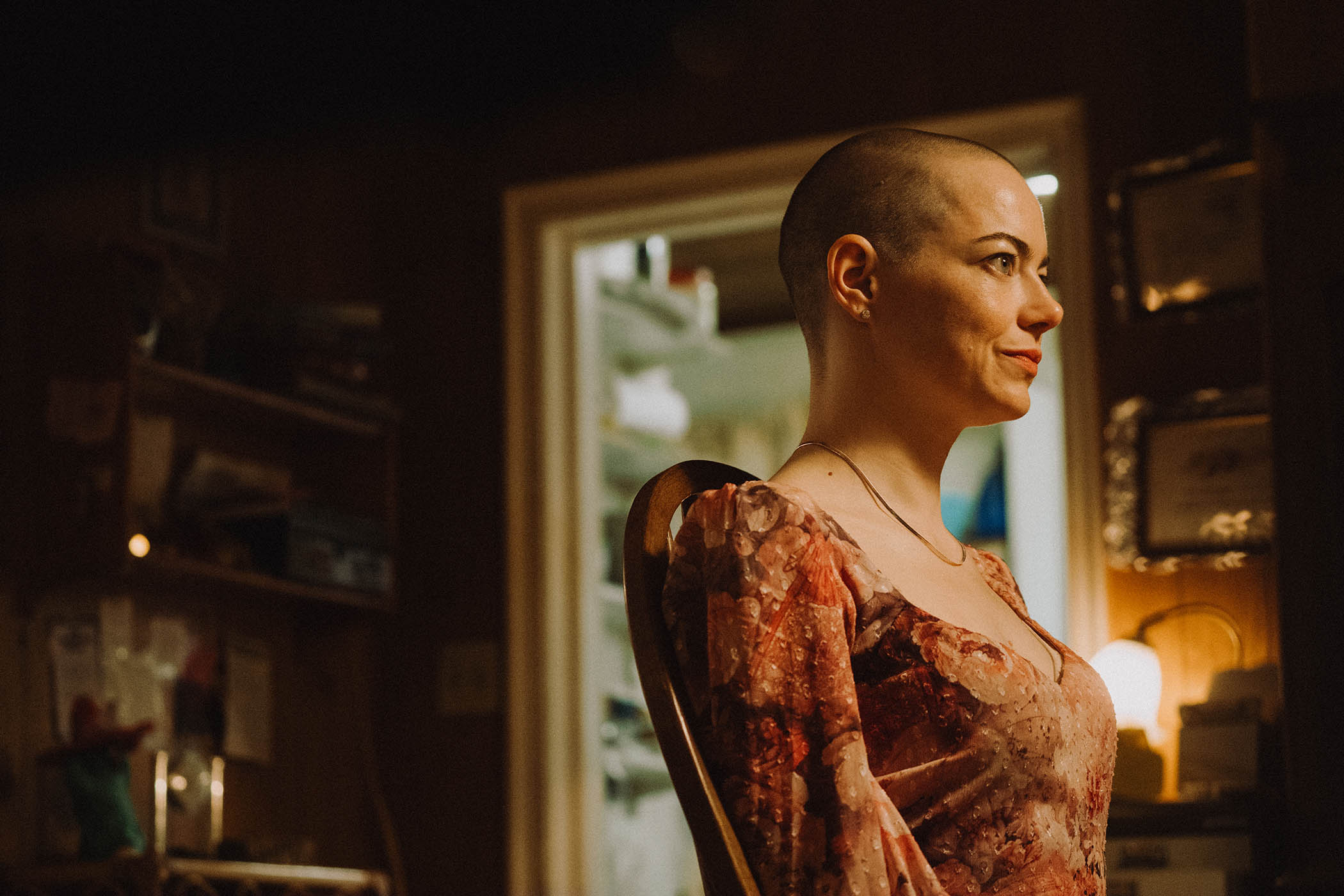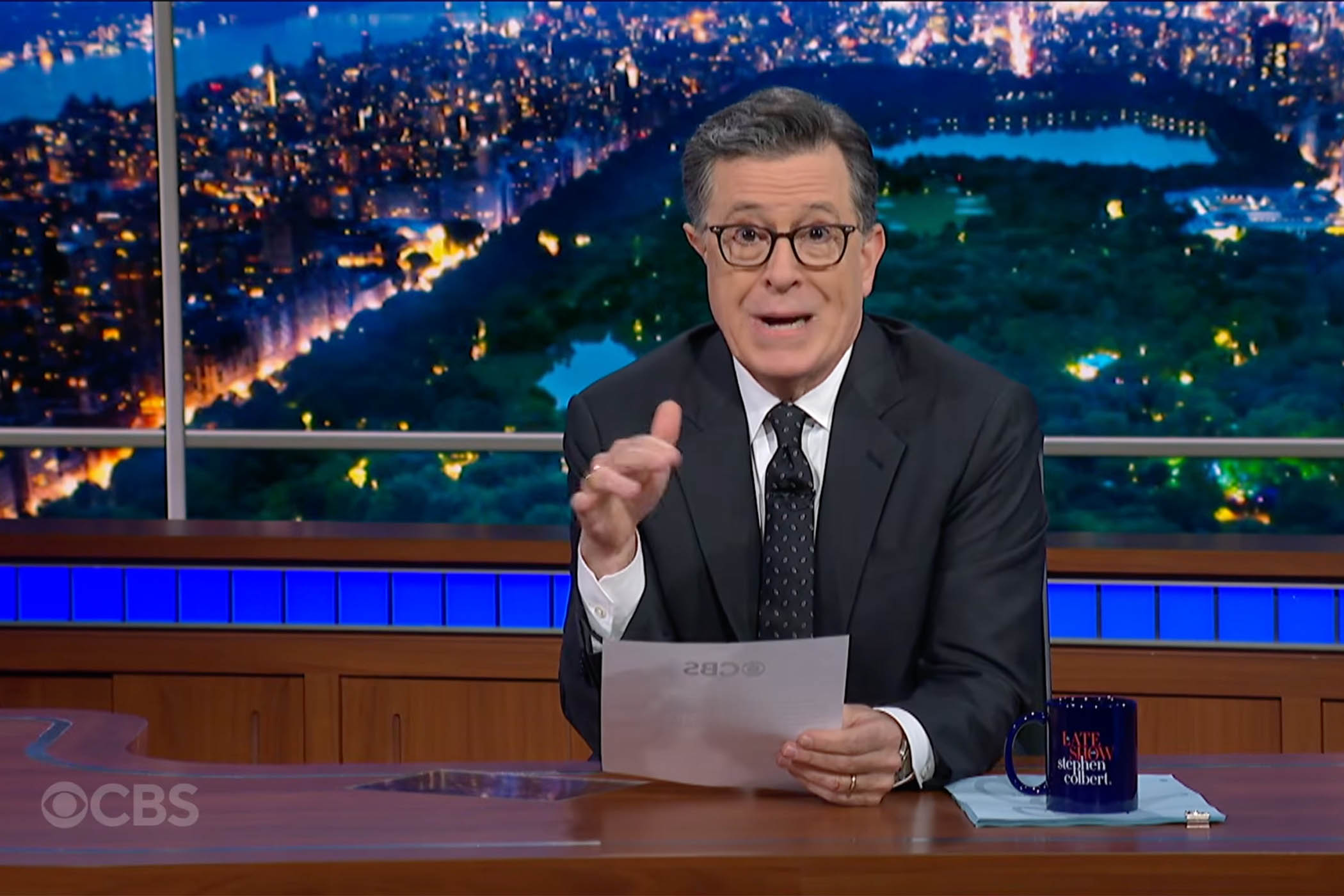The travelling show that is the BBC in crisis will take the stage on Monday before the culture, media and sport select committee in parliament. MPs have called three members of the BBC board to give evidence, including its chair, Samir Shah, and Sir Robbie Gibb, one of its political appointees. Formally, they will be addressing a bland question about the BBC’s processes and guidelines but behind that lurk the real issues, bigger and livelier. How well has the BBC board protected the corporation from political interference? How significant an overhaul does the board need to before it can part of the solution to the BBC’s difficulties, rather than a cornerstone of the problem? And can either Shah or Gibb survive the reforms that are needed?
To recap: the resignations of the BBC director general, Tim Davie, and the chief executive of its news division, Deborah Turness, were prompted by an edit in a Panorama programme of Donald Trump’s speech on 6 January 2021. The problem was spotted by an internal review commissioned by Gibb. Gibb was appointed to the BBC board by Boris Johnson and had been seen as a single-issue campaigner, obsessed by BBC bias. When extracts of several reviews sponsored mostly by Gibb – covering not just the Panorama edit but also Gaza, Israel and a bunch of what might be called “culture war” issues – was leaked to the press, it raised suspicions of a political stitch-up.
The BBC has been in brace position, ready for a battering from MPs on the select committee. That sense was heightened on Friday by another resignation. Shumeet Banerji, a tech entrepreneur seen by some as one of the board’s real heavyweights, stepped back, citing, carefully, “governance issues.” The Observer can be a little more precise. Banerji was a strong supporter of Deborah Turness. As the crisis unfolded and the board turned against her, he was not consulted and didn’t agree with the outcome: her resignation. He was on a long trip to Antarctica, which made him hard to get hold of, but angry that the board did not try.
The horse carrying the question of Gibb’s conflict of interest bolted a long time ago, but the BBC board is about to shut the stable door
The horse carrying the question of Gibb’s conflict of interest bolted a long time ago, but the BBC board is about to shut the stable door
His resignation has caused irritation. Some colleagues question his commitment – they think he was too often on a plane somewhere at moments when he was needed – and he was due to leave the board soon. But he had history with Gibb, and reservations about how he was handled, according to a board member. “The guy who most took on Robbie and who did really stand up in the room is Shumeet Banerji,” they added. “He would stand up and say, ‘Robbie, this is just your opinion, it’s anecdote and agenda. I want to look at the data. What does the audience say?’ ”
Distinct from questions about Gibb’s agenda within the BBC is a concern that a “glaring” conflict of interest was never addressed. From 2020 to 2024, while he sat on the BBC board and the sub-committee overseeing its editorial standards, Gibb led a consortium that owned the Jewish Chronicle (JC), after rescuing it from a financial hole.
As the war in Gaza got under way, it is not difficult to track the JC’s deepening support for the Netanyahu government in Israel, or its campaigning criticism of the way the BBC covered the conflict. A clutch of the paper’s highest-profile columnists walked away: David Aaronovitch, Hadley Freeman, David Baddiel and Jonathan Freedland, who wrote this after a particularly ugly editorial mistake: “The latest scandal brings great disgrace on the paper… but it is only the latest. Too often, the JC reads like a partisan, ideological instrument, its judgments political rather than journalistic.”
Gibb was owner, not editor, but this was happening at the same time as he was passing judgment on BBC reporting through its editorial sub-committee. A friend of his told The Observer: “The BBC knew all about his involvement with the Jewish Chronicle and nobody had any issues with it. It was properly declared, and in any case, he no longer has any relationship with the paper.”

BBC chairman Samir Shah
Critics ask the obvious question: if a BBC board member had owned a Palestinian newspaper, would that have been OK? And within the board it was not the case that “nobody had any issues” with Gibb’s ownership of the JC. According to people who were in the room, the chair at the time, Richard Sharp, was unfazed, though other members raised concerns. There were particular worries that the source of the money that rescued the JC was never disclosed, even to the members of the consortium which was its public face. If the BBC board wanted to know who was driving the JC’s ideological shift – and if Gibb had any role in it – it had no way of figuring that out.
The horse carrying the question of Gibb’s conflict of interest bolted a long time ago, but the BBC board is about to shut the stable door. “There’s a recognition it was a problem,” says a board member, “and so I think there may be some ‘clarification’ about potential conflicts at some point. But it is not the top priority this week.”
Newsletters
Choose the newsletters you want to receive
View more
For information about how The Observer protects your data, read our Privacy Policy
Even if it were the top priority, none of those who have told The Observer that the BBC’s governance needs radical surgery – and needs it soon, before it can begin looking for its next director general – believes it would be remotely sufficient.
Photographs by Richard Baker/ Alamy, PA



